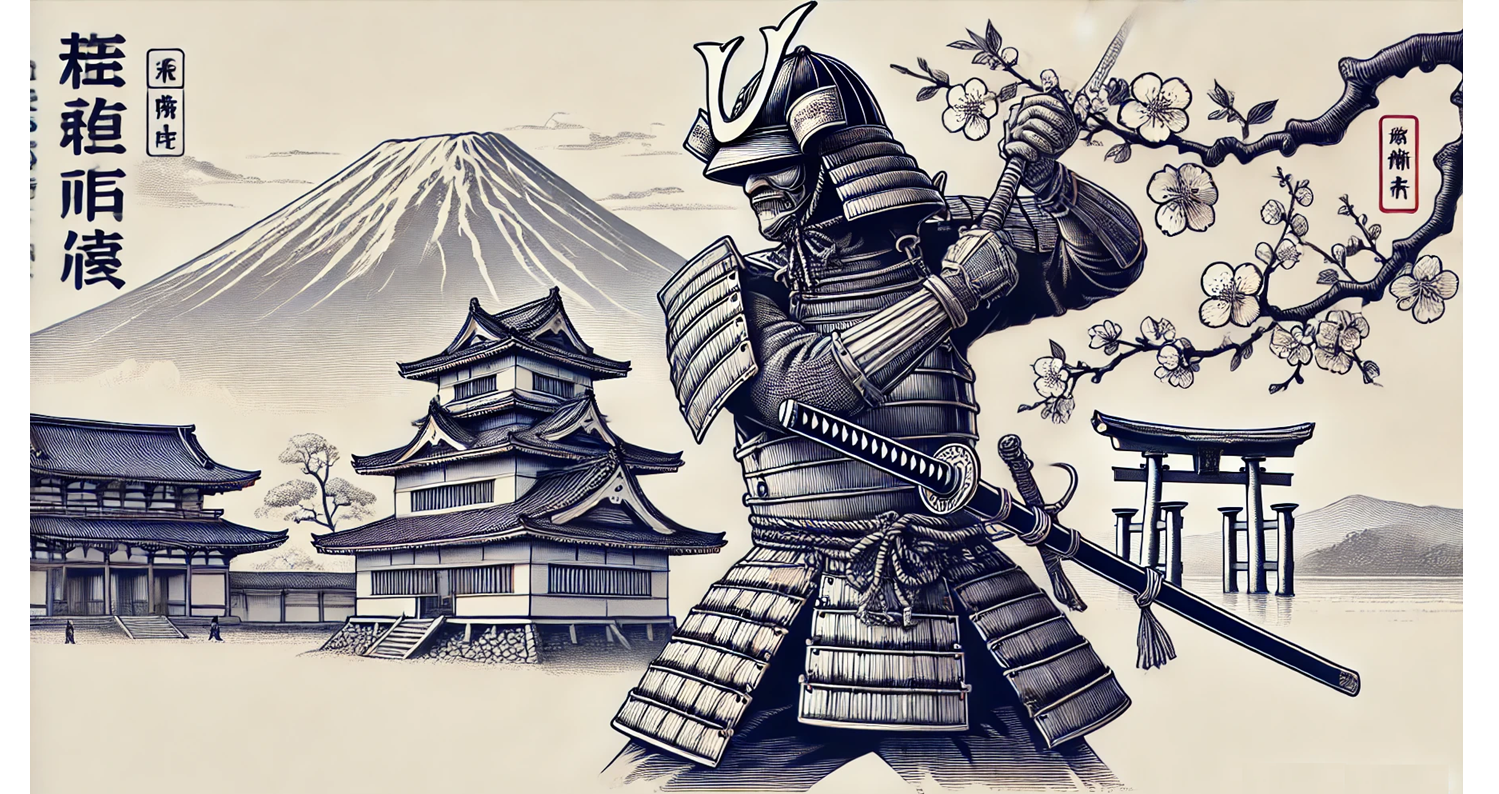samurai

What is a Samurai?
The samurai were elite warriors of feudal Japan, renowned for their exceptional combat skills, discipline, and code of honor. Serving as both soldiers and officials, samurai were central to Japanese society from the 12th to the 19th century.
Key Features of the Samurai
- Bushido: The Way of the Warrior
Samurai followed a strict ethical code called Bushido, emphasizing virtues such as loyalty, honor, courage, and self-discipline. Breaking this code often led to seppuku (ritual suicide) to preserve one's honor.
- Weapons and Armor
Katana: A curved, razor-sharp sword symbolizing the samurai's soul.
- Education and Art
Samurai were not just warriors; they were also educated in literature, poetry, and art. Many practiced calligraphy, tea ceremony, and Zen Buddhism to balance their martial life with intellectual and spiritual growth.
- Decline of the Samurai
The samurai class declined during the late 19th century after the Meiji Restoration (1868), which modernized Japan and abolished the feudal system. Today, samurai are a symbol of Japanese heritage and honor.
Why Are Samurai Important?
The samurai represent the spirit of Japan—blending strength with grace, loyalty with intellect. Their influence can still be seen in Japanese culture, martial arts, and even pop culture worldwide.
